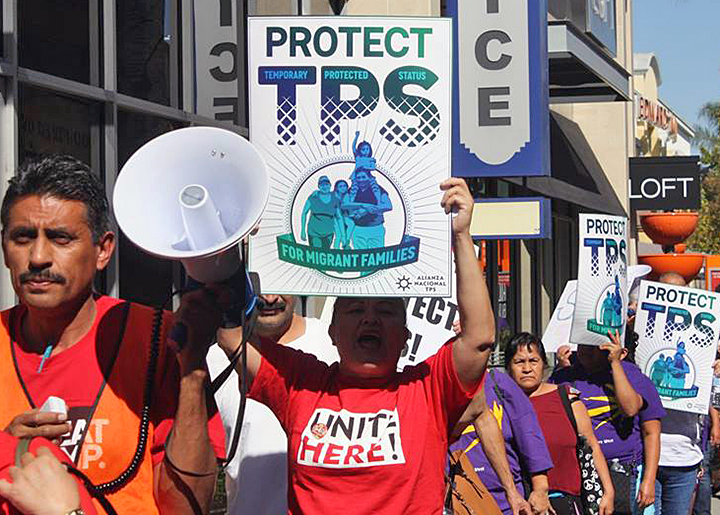

On the other hand, Democratic presidential nominee Joe Biden refuses to decriminalize border-crossing, saying immigrants have to “get in line” and wait for their chance to enter the country legally, pushing a common conservative point about maintaining “law and order” at the border. On the 2020 campaign trail, former Democratic presidential candidate Julián Castro was the first of several to argue for the decriminalization of border-crossing during a Democratic primary debate, proposing that illegally crossing the border should be a civil violation, not a criminal one, and highlighting the law’s racist history. Additionally, it dictates a civil penalty fee of $50 to $250 for illegal entry for the first time, and double that amount for the second time. Section 1325 specifies that a migrant – or, an “alien” – who enters the United States at a time or place not “designated by immigration officers,” or does not enter through a port of entry, can be, for the “first commission” of such offenses, fined or imprisoned for up to six months (and up to two years for subsequent commissions). The debate around the criminalization of border-crossing, codified in law by Section 1325 of Title 8, has intensified under the actions of President Donald Trump’s administration, which has amplified mass prosecutions in federal courts under the law. magistrate courts had a lead charge for illegal entry. Most alarmingly, in April 2019, 65.6% of federal prosecutions filed in U.S. The Pew Research Center also notes that every border sector saw a rise in apprehensions in fiscal 2019, with the El Paso region seeing a 477% surge.

According to the Pew Research Center, “people traveling in families accounted for the majority of apprehensions in fiscal 2019, a big shift from the recent past,” and 71% of those migrants were from the Northern Triangle – El Salvador, Guatemala and Honduras – another new trend. In February 2019, illegal entry at the U.S.-Mexico border reached an 11-year high with 66,450 migrants apprehended by U.S. The cover art for this article was created by Jane Li, a student at Harvard College, for the exclusive use of the HPR’s Red Line.


 0 kommentar(er)
0 kommentar(er)
